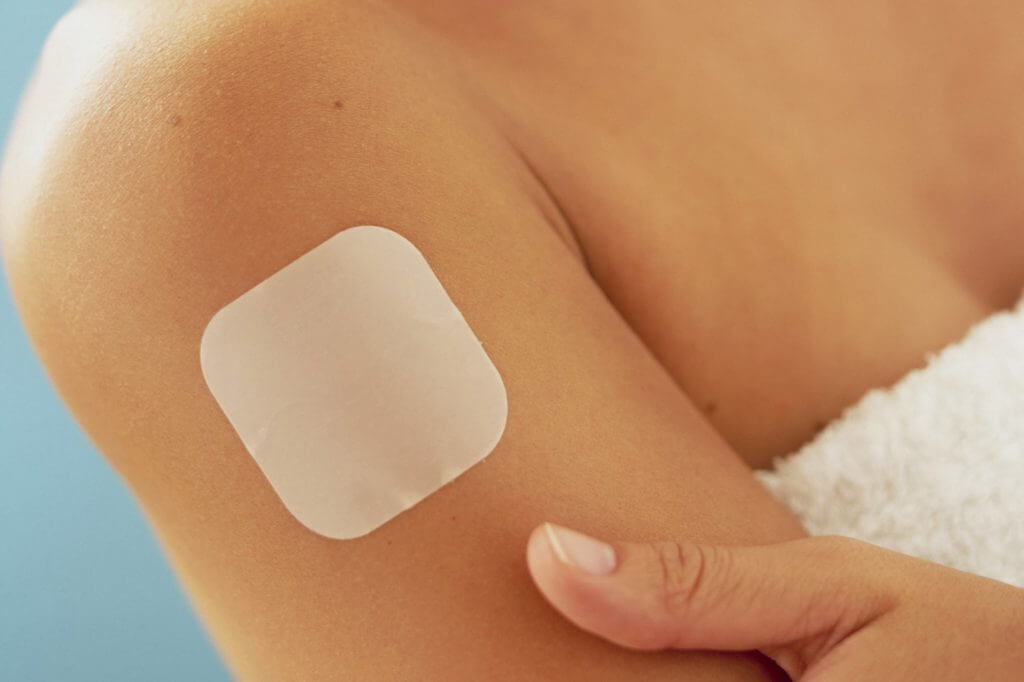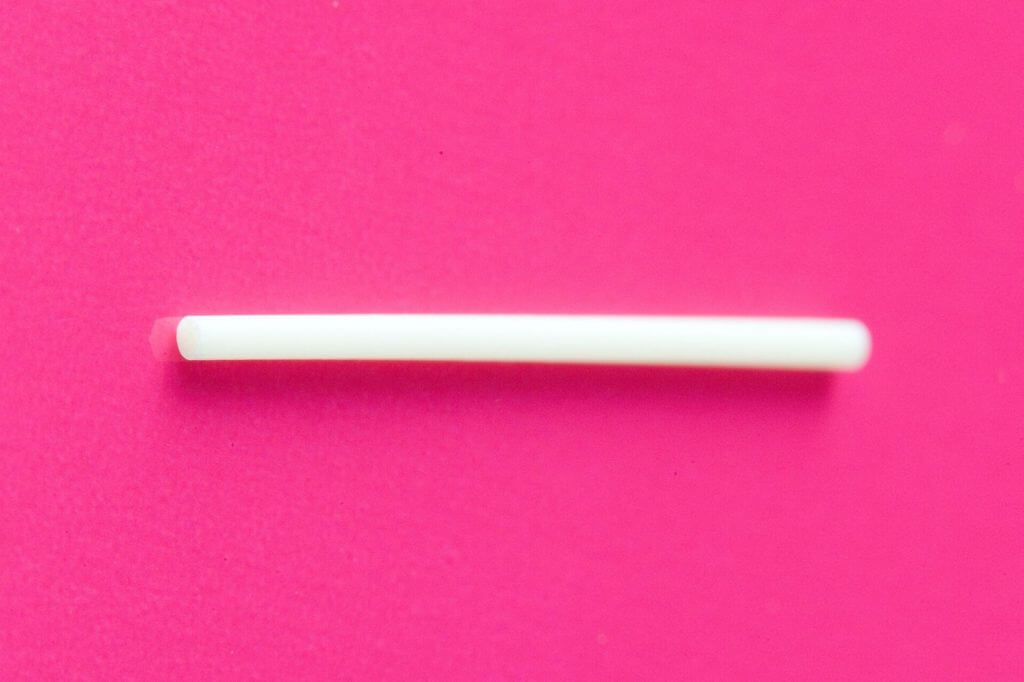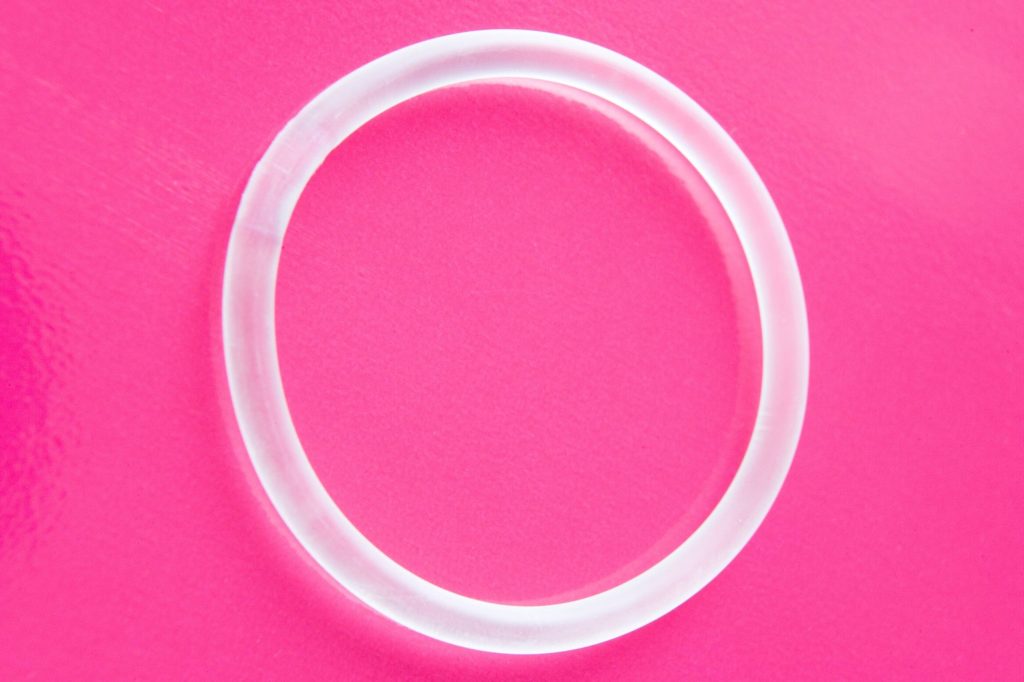What Questions Should I Ask About IUD?

Due to the advancements of contemporary medicine, there is a wide range of birth control methods that you can find on the market nowadays. Starting from condoms and ending at the sterilization of males or females, you can prevent an unwanted pregnancy with the help of specific caps, pills, contraceptive implants, injections, patches, vaginal rings, IUDs, and many other ways. So, you will definitely be able to find a method that will help you to prevent pregnancy in the most suitable, efficient, and suitable in your particular case way.
In case an IUD is a way of birth control you are especially curious about, check out the most essential information on it in this article. When being more precise, below you will find answers to the following questions: What is an IUD and what are its main types? How does an IUD work? What pros and cons does it have?
So, how about checking all the details you should be aware of before getting an IUD right now?
What Is IUD?
First of all, let’s define what is an IUD. The abbreviation “IUD” stands for an “Intra Uterine Device,” which could be also referred to as IUCD or ICD (an intrauterine contraceptive device).
So, an IUD is a form of birth control that employs a special device being inserted into the uterus of a woman to prevent an unwanted pregnancy.
In most cases, the devices have the shape of the letter “T” and thus resemble the form of the uterus. Moreover, they belong to LARC birth control options, meaning that they are long-acting reversible contraceptives that do not require any user action for a lasting period of time.
What Are the Main Types of IUD?
Among a wide range of different contraceptive methods of contemporary medicine, there are two main types of intrauterine devices, namely non-hormonal and hormonal ones. So, let’s discuss each type in detail.
Non-Hormonal Birth Control Copper IUD
A non-hormonal IUD contains the chemical element copper and is therefore called a Copper IUD. ParaGard is probably the most well-known type and trade name of non-hormonal devices.
Here are the main peculiarities of Copper IUDs:
- Its effect lasts from five to twelve years;
- It has rapid reversibility;
- It does not require any daily actions. However, a monthly check of the thread position is necessary.
Hormonal Birth Control Progestogen IUD
A hormonal IUD, in its turn, constantly releases a low dose of a progestogen hormone called levonorgestrel. Depending on their main ingredients, the main brands of hormonal devices are Kyleena, Skyla, Liletta, Mirena.
Apart from being an efficient birth control method, a hormonal intrauterine device is also used to treat excessive bleeding and heavy periods and has the following peculiarities:
- The duration of its effect equals three to seven years;
- The usage of the device can be rapidly reversed;
- Although no daily actions while using a hormonal device are required, you might still need to check its thread position once a month.
How Do IUDs Work?
Both hormonal and non-hormonal IUDs are considered to be among the best methods of contraception. Each type of IUD prevents pregnancy right after the insertion procedure. However, the way it does so is slightly different.
The main working principle of a non-hormonal IUD is based on destroying the sperm. The chemical element copper increases levels of copper ions inside the uterus and, thus, serves as a spermicide.
Hormones that are produced by hormonal intrauterine devices, in their turn, have the following effects: they thicken the cervical mucus, thin the endometrial lining, and make the environment inside of the uterus fatal to the sperm.
In general, both hormonal and non-hormonal devices will help a woman not to get pregnant in similar, but not the same ways.
What Are the Main Benefits of an IUD?
Here is the list of the main benefits of using an IUD for contraception and family planning:
- An IUD allows its users to feel the greatest satisfaction;
- It is safe for women of all ages, including adolescents, the ones who haven’t had children yet, and women who are currently breastfeeding;
- Shortly after the IUD’s removal process, a woman’s fertility returns to a normal level;
- An IUD can be used as one of the most efficient methods of emergency contraception within a period of five days after unprotected sex.
- It is an extremely effective way of preventing pregnancy with less than one percent of a failure rate.
- Using an IUD is a very long-lasting method of contraception that might protect a woman from unwanted pregnancy for years. When being more precise, the non-hormonal IUD lasts for up to twelve years, while the hormonal one prevents a woman from getting pregnant for up to seven years.
Therefore, the usage of IUDs might not only prevent unwanted pregnancy but also provide you with a number of advantages!
What Are the Most Common Side Effects of an IUD?
Despite the fact that non-hormonal and hormonal IUDs are considered to be safe methods to prevent pregnancy, they might still lead to a number of side effects. Moreover, their aftereffects are a little bit different.
The usage of non-hormonal IUDs might result in:
- Heavy bleeding during the menstrual cycle or general heavier periods;
- An increased risk of sexually transmitted diseases, especially during the first three months after an IUD is inserted;
- Etc.
Hormonal IUDs, in their turn, might cause:
- Irregular bleeding and a shift in a woman’s normalized menstrual period;
- A number of hormonal side effects such as vaginal dryness, tenderness in the breast, or the appearance of acne;
- Etc.
Among other side effects that a woman might rarely experience while using both non-hormonal and hormonal IUDs are:
- An IUD might fall out of your uterus;
- In case the insertion of an IUD is not properly performed, a uterine perforation might appear.
An important note: In case you have decided to give an IUD a try after reading the above-mentioned information, remember to buy it from trustworthy contraceptive drugs resellers only. This way, you will ensure the proper quality of the preparation.
A Bottom Line
Hopefully, this article contains the most essential information on IUDs. However, just in case there are any other questions to ask, contact your health care provider.
Enjoy all the advantages of safe sex and use any of the advanced birth control methods that are available on the market nowadays!






